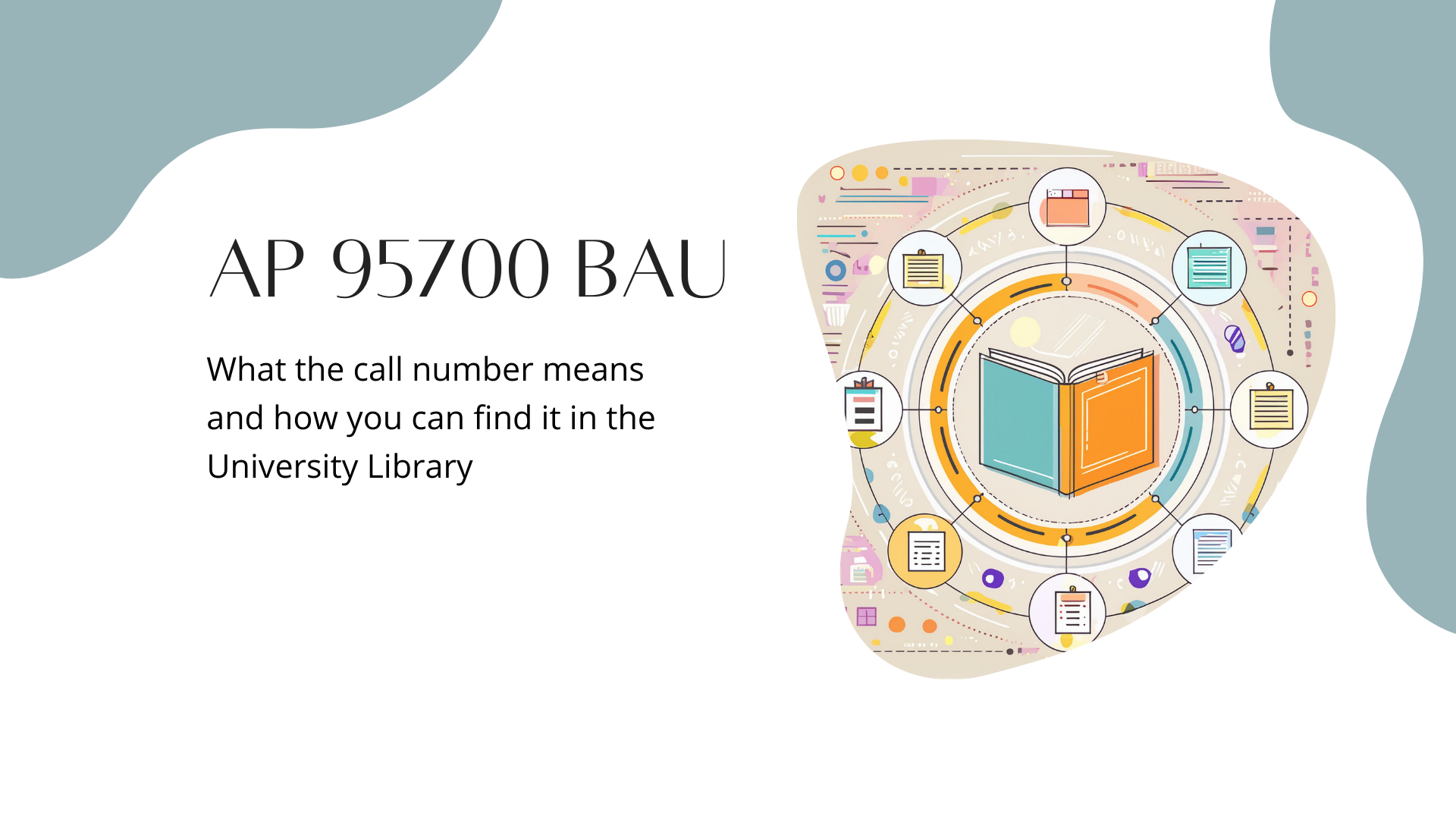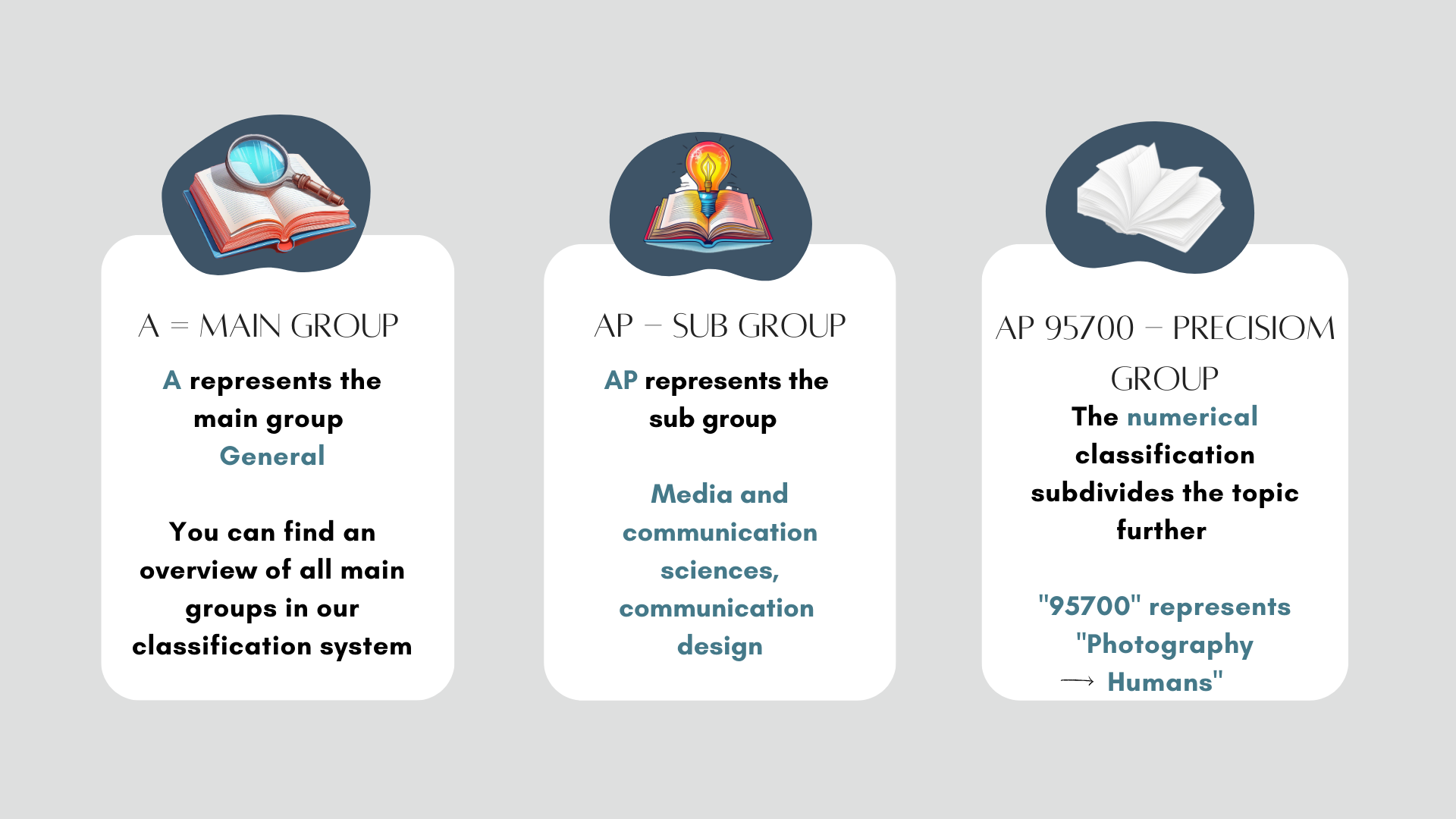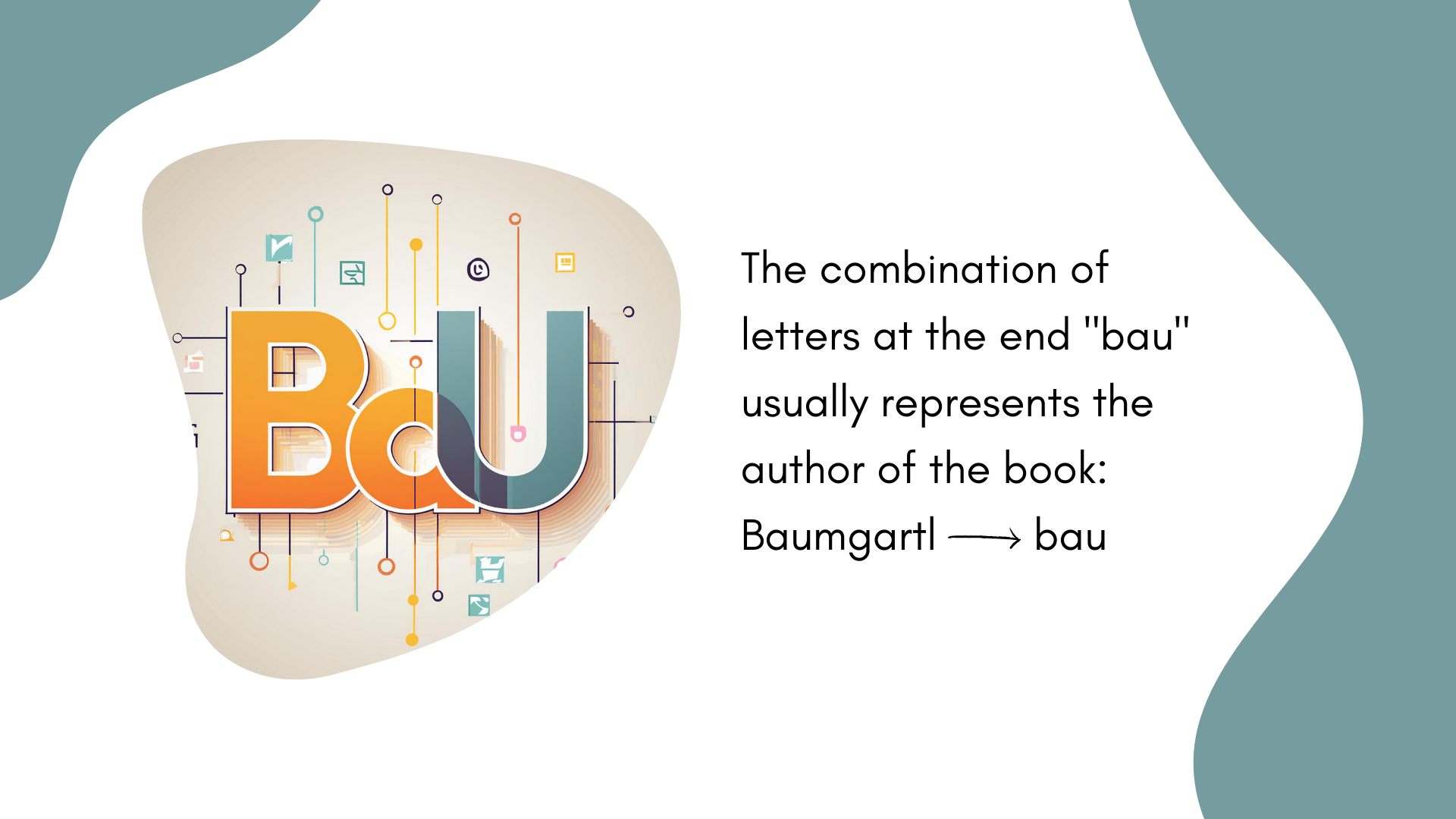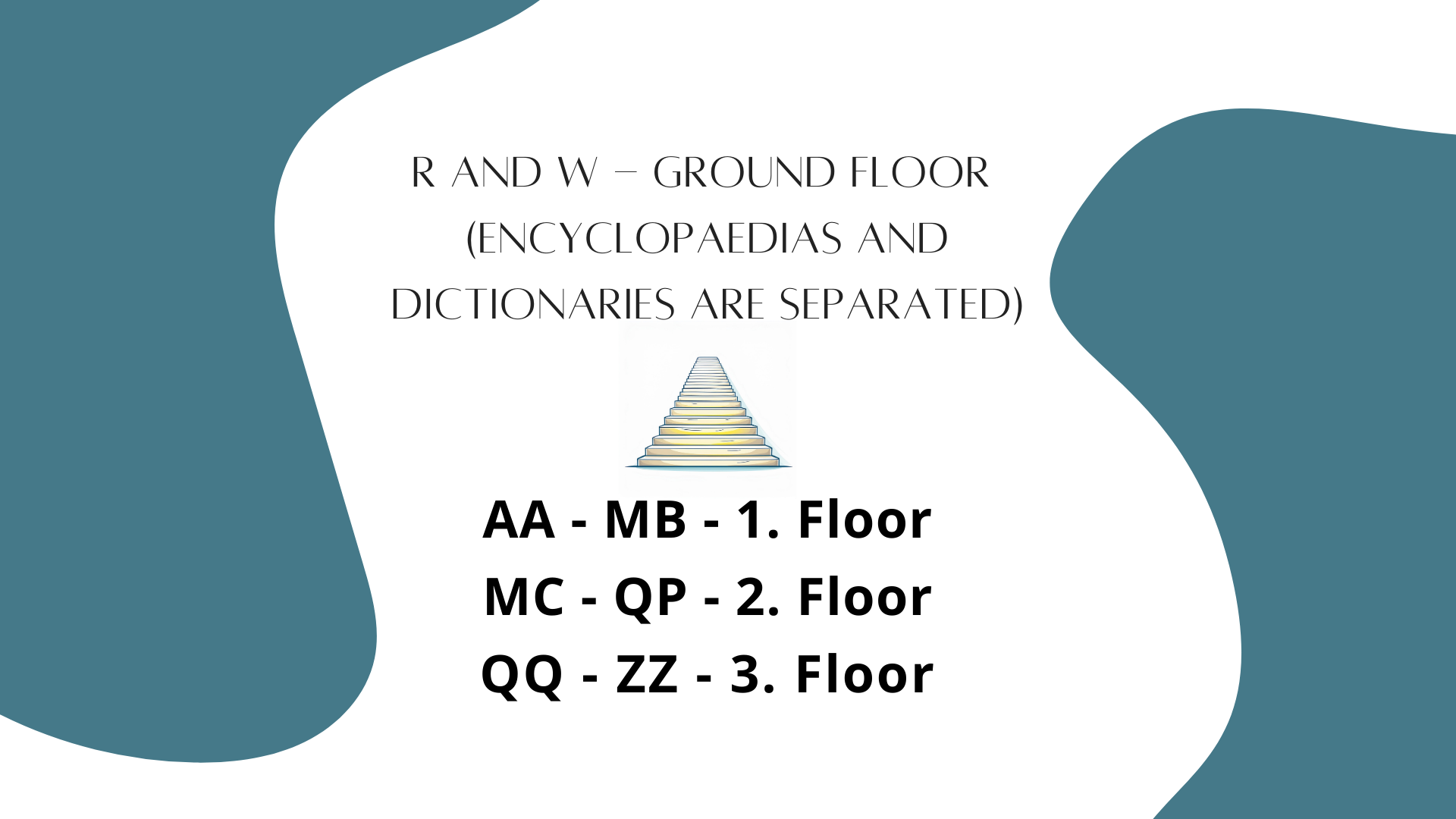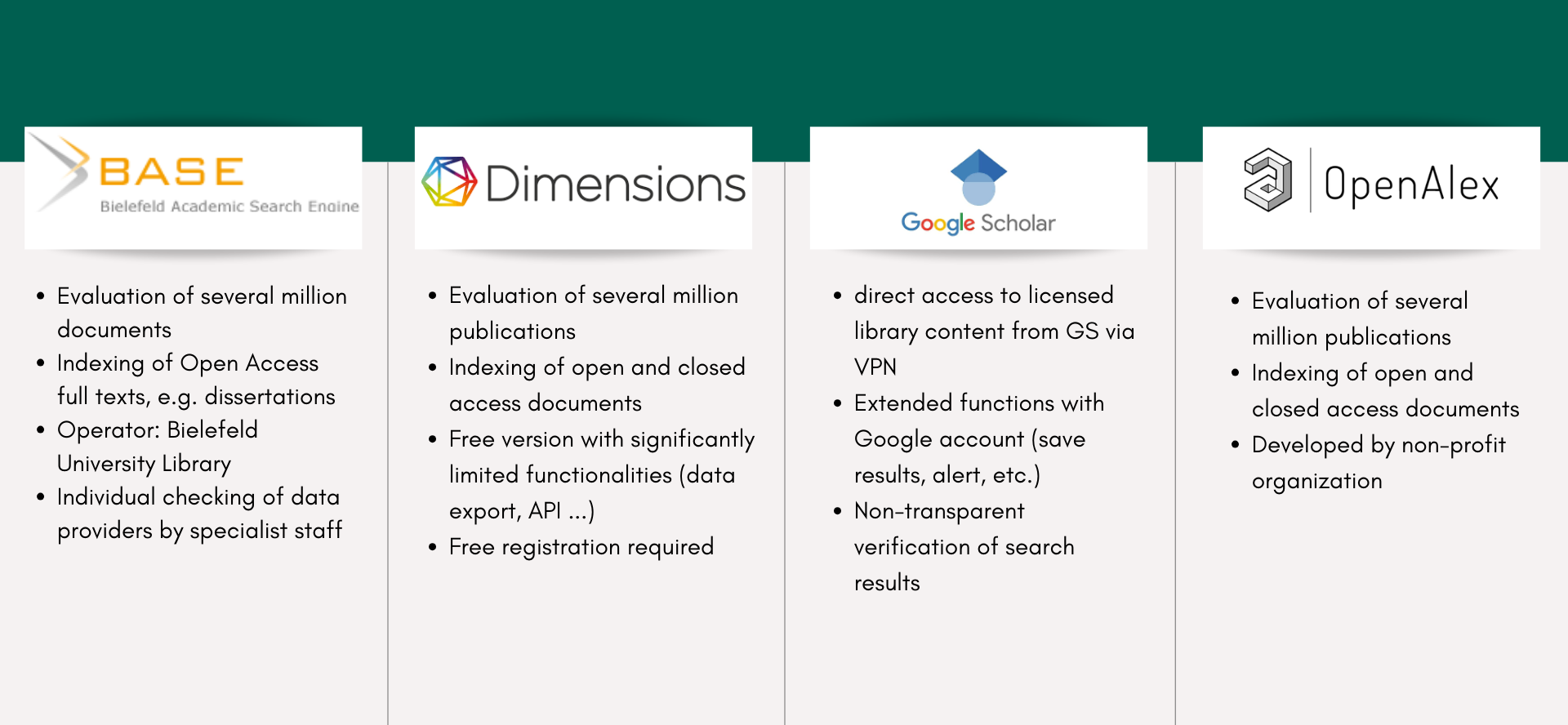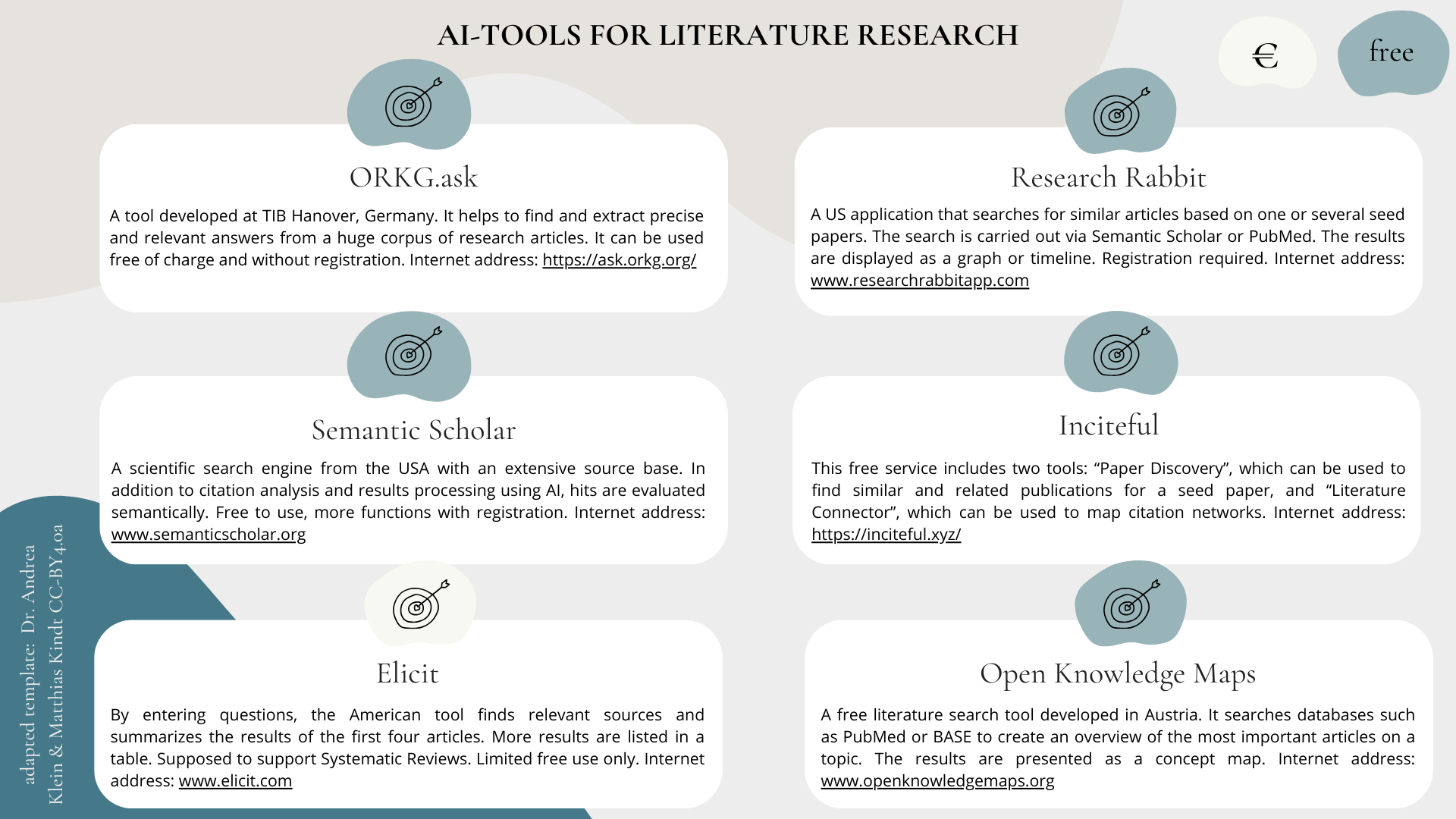
The search
Searching for fundamental literature
Prior to finding and selecting the literature required, you have to search at first for which was basically already published with regard to a topic. There are different strategies where and how you may search. At the beginning of a search and in order to enter a topic, you may refer to fundamental literature. This is literature dealing with a topic already frequently discussed and on which there are now enough academic results generated for a compiling comprehensive publication. For searching for fundamental literature, in particular textbooks and monographs, the following instruments are recommendable.
Online-catalog
The Library catalog is the most important instrument for searching at Chemnitz University Library. You find here all media acquired or licensed by the Library. In addition, it includes media openly accessible in the internet (Open Access-publications). Anyhow, all those sources are in any case appropriate for the elaboration of a written paper, a presentation or a thesis.
In the Library catalog of Chemnitz University Library you find mostly independent literature in printed or electronic manner:
- books: monographs, reference works of all kinds, dictionaries
- journals and newspapers
- theses of Chemnitz University of Technology
- non-book-media like DVDs, CDs etc.
However, the catalog includes as well a selection of articles from books and journals of which the full-text is provided online.
In the case that the simple search in the catalog of Chemnitz University Library had not provided useful results, you may make a thematic search by using the search box Subject
within the advanced search option. This may be very helpful in the case that you are searching for a particular topic but do not have bibliographical data of the author or title of the book.
In the case an appropriate book was already found, the thematic search becomes easier. By the full display of a result, you may look up and select the keywords allocated to a publication. By simple clicking you get more results regarding the topic.
 Hint
Hint
For a comprehensive search for articles, subject-specific databases are provided.
Thematic search at the shelves by the call number
In the case of publications located in the open-stack area, you find in the display of the result in the catalog of Chemnitz University Library the indication “call number”, e.g. QT 000 end or MR 2000 die. This indication determines the thematic allocation within the RVK as well as the location in the library where the book searched for is situated in the shelves.
As books with related content are standing next to each other in the shelves, you may find there other appropriate literature with regard to the topic. However, you may also make this search in the catalog so that all books with the same location in the shelves are displayed.
Union catalogs
In the case you are also searching for literature beyond the collections of Chemnitz University Library, it is recommendable to search in a union catalog, in the catalog of a library network or by a meta-search engine like Karlsruhe Virtual Catalog (KVC).
The KVC enables you to search in an even extended amount of titles by a search request. The meta-search engine makes it possible to search in German, Swiss and Austrian union catalogs as well as in many international library catalogs at the same time. Currently, several hundred million of books, journals and other media are indexed in the KVC (as of February 2021).
Prior to the search, you may determine which online-catalogs shall be browsed. The search request will then be forwarded to the catalogs selected. Subsequently, the lists of results will be displayed on the screen one after the other according to the respective union and online catalogs.
Publications available exclusively at other libraries than Chemnitz University Library may be ordered via interlibrary loan and being borrowed at Chemnitz University Library.
Searching for articles
In most instances, current literature is required for term papers. Normally, it takes several years until the publication of a textbook or a monograph. In contrast, articles in subject-specific journals are frequently being published a lot earlier und deal with more current topics still being discussed. This part of the course will explain, how and where you may search for subject-specific articles.
DBIS and subject-specific portals
For searching for academic articles, you should make use of subject-specific databases. Those contain bibliographic indications and frequently also the link to the full-text.
In addition, they also include indications regarding other literature relevant to the topic (monographs, for example). You may find them via the Database-Infosystem (DBIS).
This comprises of many databases either openly accessible in the web or licensed by Chemnitz University Library.
You may also search for the designations of databases in DBIS (but not for contents IN the databases).
Information regarding subject-specific databases may also be found in so called subject-specific portals. Those are particular subject-specific websites. To those belong information and publication platforms of individual subject-areas but also the Subject-specific Information Services of the libraries.
Those subject-specific portals contain a selected offer of contents which are regularly reviewed. You may find databases from A like Applied Human Movement Sciences to S like Sociology by browsing the Subject-specific portals of Chemnitz University Library.
Databases
Articles in academic journals are appropriate for searching for current information as they are published in comparatively short time and comply to high quality standards.
Most of the subject-specific journals are integrated in databases as they are frequently offered by publishers. The search in databases varies from database to database but there are also a lot of items applying to them all. The following tutorial explains how to begin with searching in databases.
Hints for searching
In order to search for databases more effectively, you may make use of specific tools for searching. In the following tutorials, Boolean operators
, Truncation
and Phrase search
are presented.
Unfortunately, it does not always happen that you find the full-text of the article desired directly in the database. However, also in that case there are ways and means to get to the PDF-document. In many databases this is possible via the document available
-button. The following tutorial explains how this works exactly.
In the case that you are searching for an article of a specific journal, it is recommendable to make use of the overview of the e-journals as well as of the Electronic Journal Library. The following tutorial explains the way how to get there.
For searching in the web, you make use of special search engines in addition to general search engines (Google, Bing, Yahoo, DuckDuckGo and Co.). Those are limited to selected contents and types of documents in the web which they are indexing completely. In the following, some special search engines are enlisted:
-
BASE
- Evaluation of several million documents
- Indexing of Open Access full texts, e.g. dissertations
- Operator: Bielefeld University Library
- Individual checking of data providers by specialist staff
-
Dimensions
- Evaluation of several million publications
- Indexing of open and closed access documents
- Free version with significantly limited functionalities (data export, API ...)
- Free registration required
-
Google Scholar
- direct access to licensed library content from GS via VPN
- Extended functions with Google account (save results, alert, etc.)
- Non-transparent verification of search results
-
OpenAlex
- Evaluation of several million publications
- Indexing of open and closed access documents
- Developed by non-profit organization
Searching with AI
Without doubt, AI-tools are an amazing technology able to assist in searching for academic literature in many respects. However, you should make use of them carefully as they may not replace the traditional search for literature completely but simply complement it. Currently, there are two different ways to improve the process of searching by AI-assistance. In the following, those are presented briefly.
ChatGPT for search preparation
Text-generating AI-tools offer some advantages, particularly as auxiliary for preparing the literature search. They may
- assist by Block Building (Guba 2008, p. 63) in the thematical structuring of complex ideas
- assist in the search of relevant search terms including synonyms and related terms
- link search terms by Boolean operators
- truncate search terms
However, in order to assess the use of auxiliaries like ChatGPT comprehensively, the following criticisms and disadvantages linked to the use of text-generating AI-tools as auxiliary for literature search should also be considered. (see also Rudolph et al. 2023, p. 349)
- the possibility of emerging hallucinations or false evidences as the output, in its manner as result of a probability calculation, is generated by the Language-Modeling-Technology
- the danger of invention of sources or the provision of out-of-date information which may emerge due to the training by – frequently non-academic – datasets e.g. from websites, openly accessible books and articles, social media contributions and blogs.
- the missing access to subject-specific databases blocked by a charge barrier limiting the utility for searching for state-of-the-art research results
- dangers for data protection are also relevant, particularly with regard to person-related data having possibly to be entered
- the unclear nature of the black box which evokes potential transparency and bias challenges and may compromise the reliability of the results
- the high energy consumption of “Red AI” caused by the development and running of AI-technologies (with regard to the discussion see Schwartz et al. 2020 and de Vries 2023)
Usage of AI-tools for searching
In addition to the general text-, image-, video- and code-generating AI-tools, AI-tools specialized on literature search are developed. Those tools for searching may either being used free of charges, free of charges in a reduced version or chargeable. The figure below resumes the most important information on a selection of AI-supported tools for searching. With regard to handling those tools for searching it should be observed that – comparable with classic subject-oriented databases – they may never comply with a claim for completeness. No pool of knowledge may include completely all sources regarding a topic. In addition, you should be aware of the fact that the focus point regarding the content is mostly put on articles in journals in English language and that sources of minor publishers or older non-digitized sources are not included.
You find descriptions of other AI-tools for searching for literature in the overviews of the Library of Frankfurt UAS and Tübingen University Library.
Hints & tricks:
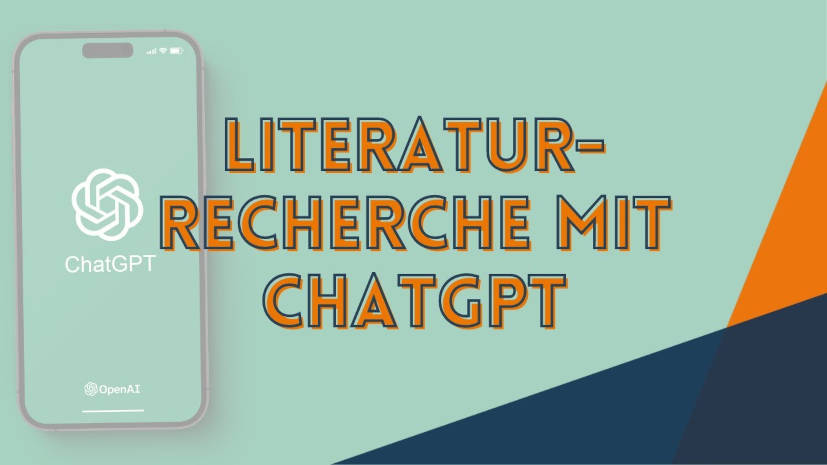
Embedding of external provider's content
The display of embedded external content of the platform YouTube on the website of Chemnitz University of Technology and therefore the connection to the external server of the platform provider requires your consent before. First when you have given your consent for this provider (personal) data will be transmitted to the external server operator so that the content display can take place. The operator may be located in a non-European country.
With submitting the button you agree formally and voluntarily that you personal data as described in the Data Protection Policy with its there specified purposes will be processed for embedding of external content on the website of Chemnitz University of Technology. Your consent can be revoked separately or as a whole at any time without undue disadvantages for the future.
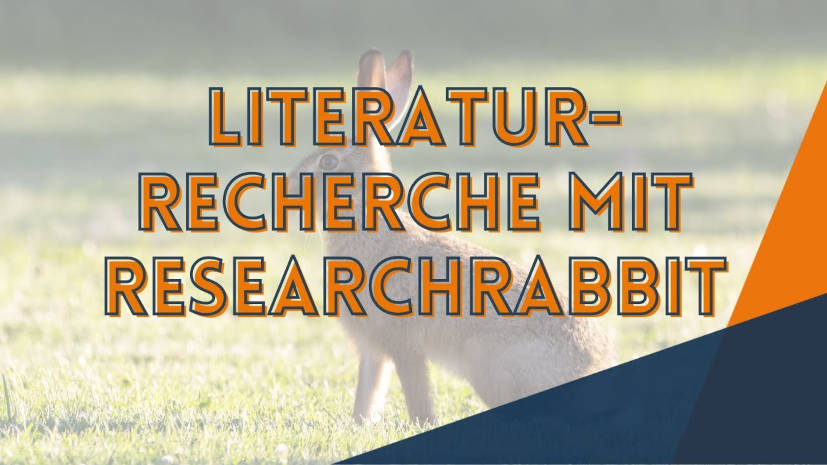
Embedding of external provider's content
The display of embedded external content of the platform YouTube on the website of Chemnitz University of Technology and therefore the connection to the external server of the platform provider requires your consent before. First when you have given your consent for this provider (personal) data will be transmitted to the external server operator so that the content display can take place. The operator may be located in a non-European country.
With submitting the button you agree formally and voluntarily that you personal data as described in the Data Protection Policy with its there specified purposes will be processed for embedding of external content on the website of Chemnitz University of Technology. Your consent can be revoked separately or as a whole at any time without undue disadvantages for the future.


